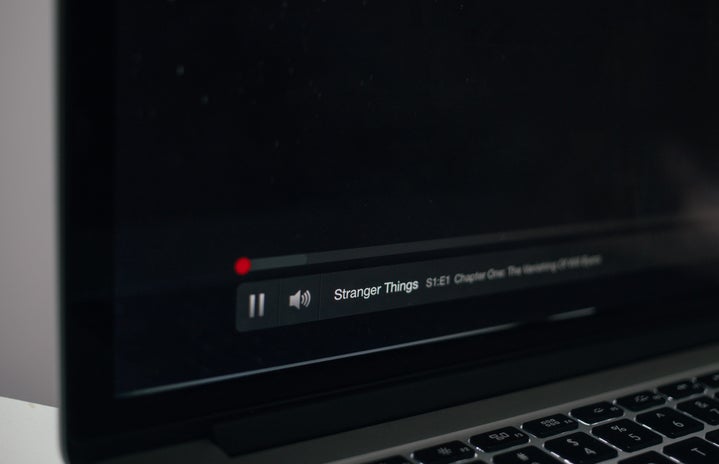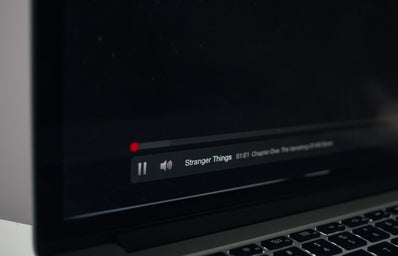Broadchurch is a BBC crime drama that follows the partnership of brooding detective Alec Hardy (David Tenant, ie. the best Doctor Who) and his compassionate counterpart Ellie Miller (Olivia Coleman), in the small titular town of Broadchurch on the south coast of England. It’s first two seasons revolve around the murder of a young boy Danny Latimer, and paint the picture of a town in which secrets are scarce as everyone knows everyone along with their business.
Season 3, recently released this month on Netflix Canada, distinguishes itself by looking forward three years from the two prior seasons and focusing on the rape of a 50 year old woman Trish Winterman (Julie Hesmondhalgh). Opening with Trish sitting alone on the pier in nothing but a nightshirt, with wounds on the front and back of her head apparent, Hardy and Miller commence their investigation into what is quickly revealed to be a serial rapist’s actions.
The season follows the survivor Trish, but intertwines multiple subplots that contribute to the “whodunit” scheme with the general backdrop of a small town infiltrated by male privilege and sexism. The depiction is raw and draws upon the methodical and bureaucratic nature of both the forensic and police investigations which ensue once rape has been reported. While almost too uncomfortable to watch, the show captures the invasive and intimately violating experience of the routine rape kit, from the swabs, the bagging of all evidence, to the prophylactic morning after pills.
The season is laced with lines from the women and men warning against going out alone at night, for fear it is not safe. This is later followed up with perhaps the most powerful moment of the season, in which the women of Broadchurch take back the night; each female character and the many other women of the town gathering by the pier in solidarity and silent protest. All of this akin to recent red carpet movements, like the Blackout at this year’s Golden Globes and Times Up pins at the Oscars.
What I admired most about this season was the attention to detail and sensitivity with which they approached the subject. The writers and producers notedly worked with the Dorset Rape Crisis Support Centre (located in the town where the show is filmed) to ensure this. Even more, they supported the center on the nights the show originally aired, allowing them to keep their crisis hotlines open until midnight to offer extra support to survivors who may have felt triggered by the episode’s content.
With everything going on today with the #MeToo Movement and Times Up campaigns, the recent release of Broadchurch’s third season on Netflix does not seem coincidental. The season originally aired ahead of the mainstream media push for justice on these matters, only further highlighting how long this has been coming. Season 3 of Broadchurch while fictional is still another portrayal of the trauma survivors of sexual assault and rape face, like many of the #MeToo stories being shared on social media today. The show while being careful not to depict the actual assault happening, doesn’t sugar coat any of the details on what follows, making it as I mentioned before uncomfortable to watch at times, but gives a voice to what can’t be told with words alone. While I advocate for watching the entire series, which isn’t too great a task with there only being two other seasons, if only interested in the relevant storyline then it is not absolutely necessary. All of the episodes are available on Netflix here in Canada, making this important story accessible to the masses, in a way acting like Netflix’s own #MeToo post.
Next time you are looking for something to watch I encourage you to consider this meaningful story.
Images Obtained from:
http://www.dailymail.co.uk/femail/article-4265068/Julie-Hesmondhalgh-emo…
https://www.yahoo.com/entertainment/broadchurch-creator-talks-marks-fate…
https://www.thestar.com/entertainment/television/2017/03/07/broadchurch-…

